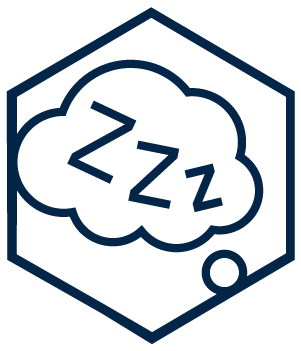‘Mitchell Method’ of physiological relaxation
A technique of relaxing the whole, or parts of your body. Once learnt and practised, it can be used easily and anywhere to relax and reduce the muscle tension produced by stress.
NHS breathing exercises for stress
Learn this calming breathing technique for reducing stress, anxiety and panic – takes just a few minutes and can be done anywhere.
NHS guide to yoga
All you need to know to get started with yoga, including the health benefits, yoga styles for beginners and finding a yoga class.
Visualisation to reduce anxiety
Visualisation is a powerful technique that can help you unwind and relieve stress. It involves using mental imagery to achieve a more relaxed state of mind.
NHS Inform relaxation techniques
Relaxation techniques you can use to calm the mind and reduce the muscle tension anxiety can cause.
Mindful Minutes
100,000 free guided meditations.
Meditation – Insight Timer
100,000 free guided meditations.
NHS mindfulness
Pay more attention to the present moment – to your own thoughts and feelings, and to the world around you – to improve your mental wellbeing.





